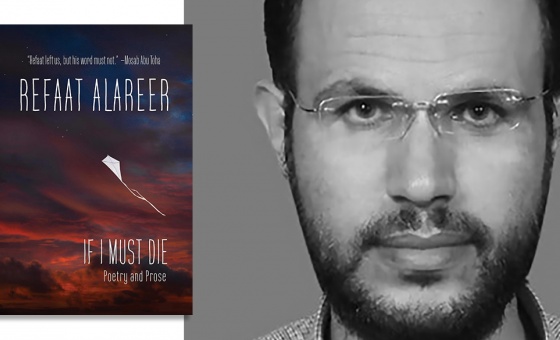THE warning that the cost-of-living crisis could prove fatal for children in poverty is not idle.
Prices were soaring while wages limped further and further behind inflation even before Russia’s invasion of Ukraine.
The massive disruption caused directly by the war and through sanctions means more upward pressure on prices.
Labour calls on the government to do more — but ignores the obvious solutions, nationalisation of the energy sector and price controls.
Nor does its escalatory attitude to the war help it to play a constructive role in bringing that conflict to an end, though the longer it continues the greater the death and suffering and the more severe the economic consequences will be.
Labour’s witch-hunt on Stop the War has met resistance in the trade union movement, with the Fire Brigades Union the latest to assert the commitment to peace and de-escalation and opposition to racism and prejudice.
De-escalation means being ready to talk. Ukraine’s President Volodymyr Zelensky is now lionised in the Western press.
But reporting on the president’s announcements is selective, highlighting his requests for military assistance but not his stated willingness to put security guarantees for Russia and Ukraine and a negotiated settlement over the future of the Crimea and Donbass on the table if Russia will stop demanding he capitulate in advance and agree a ceasefire.
The flow of fighters and weapons to Ukraine holds other dangers. Vladimir Putin has seized on the existence of neonazi paramilitaries in Ukraine as an excuse for war.
His narrative is cynical: the likes of the Azov Battalion are a pretext for the invasion, not the cause of it. But — despite attacks on journalists and campaigners who point this out — they do exist.
Amnesty International has reported on war crimes by the Azov and Aidar battalions in the Donbass. Footage of Ukrainian soldiers has shown the SS Wolfsangel and Totenkopf insignia on some of their uniforms. This week Polish-based media outlet Nexta reported that the Azov Battalion were the first units to train with new Nato-provided grenade launchers.
Hillary Clinton spoke of 1980s Afghanistan as an example that should inspire us today: arming a “highly motivated” resistance had defeated the Soviets.
She ignores the obvious retort: that the mojahedin the US armed to fight the Soviets became the Taliban and Osama bin Laden’s al-Qaida that then turned on the West. Arming explicit neonazis because they are fighting Russia at the moment is not a safe strategy.
Nor is the arrival of fighters from Syria good news. Many will be motivated by hatred of Russia because of its support for the Assad government there, but others will be a familiar product of civil wars: men who know nothing but conflict, who are ill-adapted to civilian life and who look for new wars to join.
A flood of foreign fighters intensified the death and destruction in Syria and will do the same in Ukraine.
Recognising the reality that the Ukrainian president himself has outlined — that peace is the priority, that compromise is surely possible — is now treated as something close to treason in Britain.
Liberal paper the Guardian runs an article entitled The world leaders pushing for peace in Ukraine — and their motives, as if the desire for peace is itself suspect.
At the same time an anti-Russian hysteria that sees orchestras cancel Tchaikovsky concerts will certainly spill over into street racism against Russians and, just as the wave of Sinophobia that accompanied Covid saw people from other east Asian countries attacked — racists seldom being precise in targeting their victims — this will mean attacks on Poles and Ukrainians too.
It is vital that the labour movement says no to all this. That we maintain our focus on building maximum working-class unity, that we oppose racism wherever we see it, and that we join hands across borders for peace.











